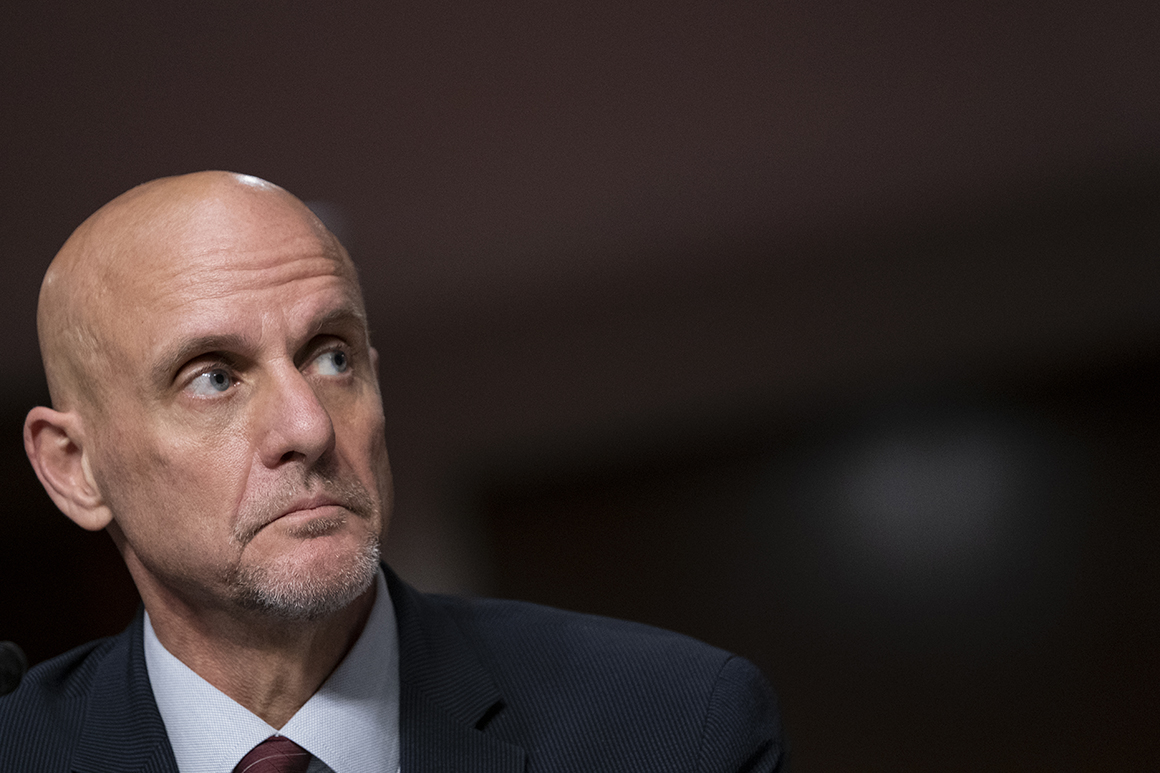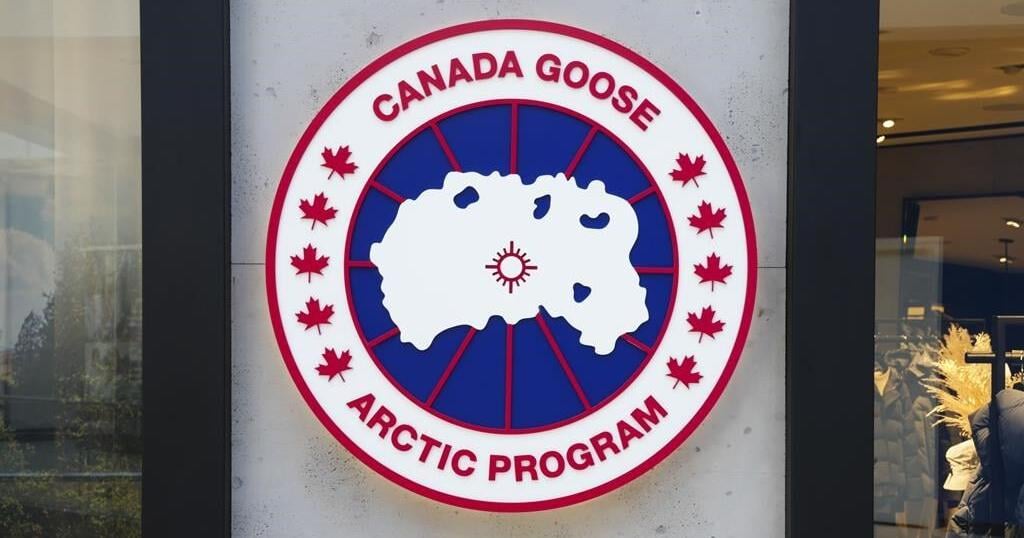.cms-textAlign-lefttext-align:left;.cms-textAlign-centertext-align:center;.cms-textAlign-righttext-align:right;.cms-magazineStyles-smallCapsfont-variant:small-caps;
The FDA is resisting Trump administration pressure to rebrand the emergency authorization of a Covid-19 vaccine as a “pre-licensure,” over worries that it would appear the agency is politicizing its scientific determinations, according to four senior administration officials with knowledge of the debate.
FDA Commissioner Stephen Hahn rejected attempts to alter the terminology tied to its closely watched regulatory process in recent weeks, frustrating health department officials who contend the agency is holding coronavirus vaccines to a far higher standard than normal for an emergency authorization – and that its description should reflect that, the officials said.
Health and Human Services Department officials led by General Counsel Robert Charrow had pitched the change to the FDA primarily as a way to plug a loophole in the government’s efforts to ensure a vaccine is free for all Americans.
While Congress mandated earlier this year that Medicare cover the cost of administering a licensed vaccine, the requirement did not include drugs authorized under emergency-use designations. That’s raised the prospect that millions of people could be forced to pay out of pocket unless Congress were to adopt a quick fix.
HHS officials over the past month thought they found a solution, with Charrow arguing that the FDA should make clear that emergency authorization of a Covid-19 vaccine is equal to a “pre-licensure,” and should be covered by Medicare as a result, the officials said.
But Hahn firmly opposed the idea, amid concerns that failing to stick to the FDA’s technical language would erode the agency’s credibility and open it up to accusations that it’s allowing politics to influence its role in the Trump administration’s vaccine hunt.
“Hahn is hell bent against any modification of definitions, because it would be viewed as a politicization of science,” one senior administration official said, adding that while Hahn has so far rebuffed the proposal, some believe the White House could still get involved and demand changes.
Of particular concern, the official said, is that referring to a Covid-19 vaccine as having won a “pre-licensure” would be conflated with the shot being fully licensed by the FDA – a level of regulatory approval that signals the vaccine has met significantly higher standards for safety and effectiveness, and one the agency does not expect to grant to any vaccine candidates any time soon.
President Donald Trump has already spent months contradicting his own health officials involved in the complicated vaccine development process, claiming repeatedly that a viable vaccine is just around the corner and could be delivered faster than the end-of-year target agreed upon by the officials.
Suddenly changing how the FDA labels an eventual coronavirus vaccine could further muddle the situation, FDA officials worried, sparking confusion and deepening distrust of its work toward authorizing a vaccine.
In a statement, an FDA spokesperson pointed to “important substantive differences” between an emergency use authorization and the more stringent process required to seek full licensure of a vaccine.
“There is no such thing as ‘pre-licensure’ or ‘pre-approval’ under the laws FDA administers,” the spokesperson said.
An HHS spokesperson said that its Centers for Medicare and Medicaid Services is still exploring coverage options for vaccines authorized under an emergency use designation. And two administration officials downplayed the “pre-licensure” concept as an “academic discussion” about safety and effectiveness that never rose to the level of HHS Secretary Alex Azar.
But in talks with Hahn over the past several weeks, HHS officials presented the “pre-licensure” relabeling as the simplest and quickest way to close the Medicare coverage loophole, officials familiar with the conversations said.
The move would also prevent the Trump administration from having to rely on Congress to pass a legislative fix – a path that could get bogged down in gridlock on Capitol Hill.
“They’re trying to get creative – Congress is in disarray and they want a solution and they want it ready,” a senior administration official said, “so if and when a vaccine is authorized, [the question of Medicare coverage] is a moot point.”
HHS argued as well that the “pre-licensure” terminology would not amount to a misrepresentation of the process, since the FDA is already requiring coronavirus vaccines to meet much more stringent requirements than it would normally mandate for an emergency authorization.
But Hahn has prioritized steering the FDA well clear of any situations that could prompt questions about the agency’s independence, following a pair of damaging episodes earlier in the pandemic that prompted widespread criticism from public health experts and dented morale among the FDA’s career civil servants.
The agency played a central role in Trump’s promotion of hydroxychloroquine and chloroquine as coronavirus treatments, issuing a March emergency authorization for the drugs despite limited evidence supporting the decision. The FDA ended up revoking that authorization just three months later, following concerns about the treatment’s safety and effectiveness.
More recently, Hahn misrepresented the effectiveness of convalescent plasma as a Covid-19 therapy during a White House event touting the treatment – prompting a firestorm within the public health community that led to his apology the next day.
Since then, Hahn has sought to align himself closely with the agency’s career scientists – most notably backing a plan to publish strict new guidelines for authorizing a vaccine in the face of staunch White House opposition.
HHS had originally pressed Hahn to include the new “pre-licensure” terminology and explanation as part of those guidelines, one official said. But when the FDA finally succeeded in making them public, that language was nowhere to be found.

































